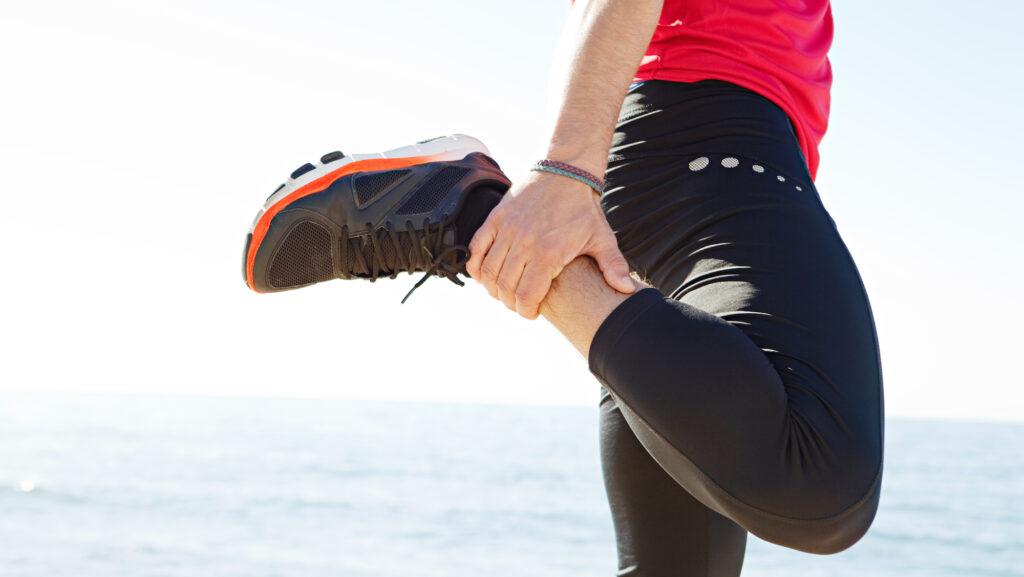
How To Start Exercising
Start slowly.
Once you receive the all-clear, pulling out of the gate carefully is crucial to preventing muscle soreness and tiredness. You hear so much about how important it is to exercise for 30 minutes each day, but even if you’re in good health, you shouldn’t set that goal if you’ve been inactive. In the beginning, you ought to aim below your comfort zone.
Too many people, especially the elderly, overdo things at first and inflict themselves with injuries that require two weeks to heal. Instead of walking for 10 minutes on your first day and then being unable to walk for the rest of the week, it is preferable to walk for a short while each day.
It is better to exercise than not to. Starting out slowly not only protects a body that hasn’t been active in a while, but it also prevents you from being disheartened if you try to do too much too soon.
Get a checkup before a workout.
Anyone starting an exercise program should consult their doctor, but it’s especially important for seniors or people who haven’t been active recently due to health issues. Your doctor can assist establish whether your routine needs to take additional medical issues and the medications you take for them into account in addition to the obvious—checking your heart and lungs.
With weight loss and exercise, people can occasionally manage illnesses like diabetes and high blood pressure without needing to take their medications. If you start a new exercise regimen, be sure to tell your doctor in case your prescription dosage needs to be adjusted. If you have a condition or impairment, a doctor can also advise you on the appropriate form of exercise.
Go more often.
Of course, you may fit in that little workout session into your daily schedule multiple times. Start by making an effort to exercise for a short while many times every day. Then gradually extend the length of each session.
However, wait until you’ve been exercising consistently for at least a month before you worry about going faster. A key to intensity: Ideally, you want to be aerobic enough so that you can utter a few words or syllables in each sentence, but not too much so that you can hardly speak.
Don’t miss the warm-up.

If you’re in your 30s, you’ve probably lost the incredible flexibility that allowed you to begin jogging as soon as you woke up. Muscles assume a shorter position when you haven’t exercised for a while, which causes tightness. Injury can result from using these muscles too soon after they have loosened.
Warming up reduces the risk of injury to muscles and tendons by stretching the body’s primary muscles, boosting blood flow, preparing joints for full range of motion, and providing the aerobic necessary for endurance exercise.
Stretching the shoulders, chest, neck, trunk, lower back, anterior and posterior legs, and ankles for at least 10 minutes should come before any exercise.
Think beyond formal exercise.
Don’t restrict yourself to organized exercises. It’s crucial to make an effort to include exercise in daily routines. Every area of life offers possibilities to be a little more active, such as parking a little further away, using the stairs more often, or scheduling walk breaks during the day. Furthermore, all those brief spurts of exercise add up.
Mix it up.
Include a variety of cardio, strength training, stretches, moderate- and high-intensity workouts, and you’ll get the best results. Start exercising today for the best impact because numerous studies show that exercise has benefits for the entire body.








